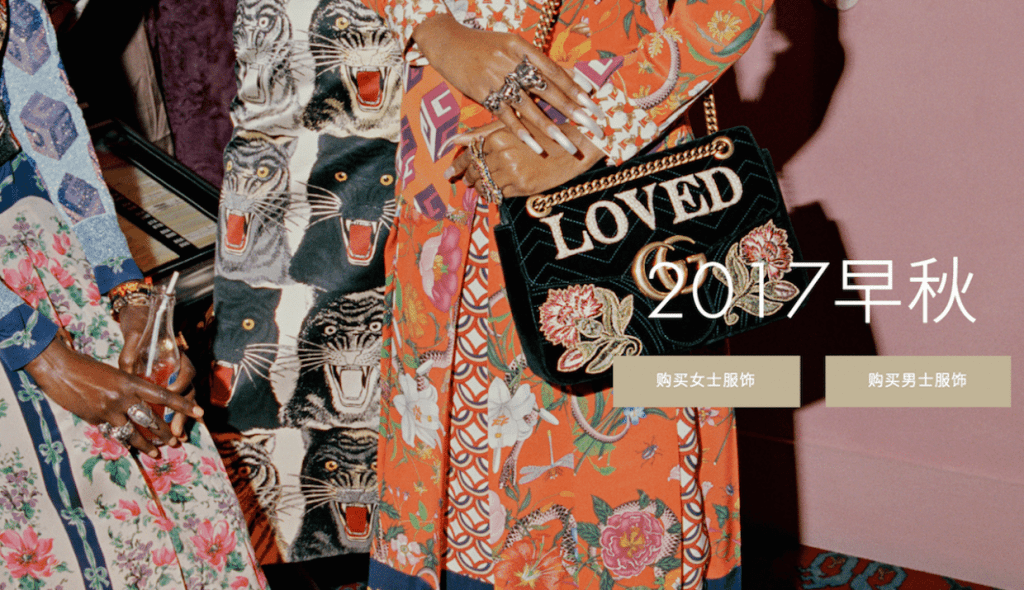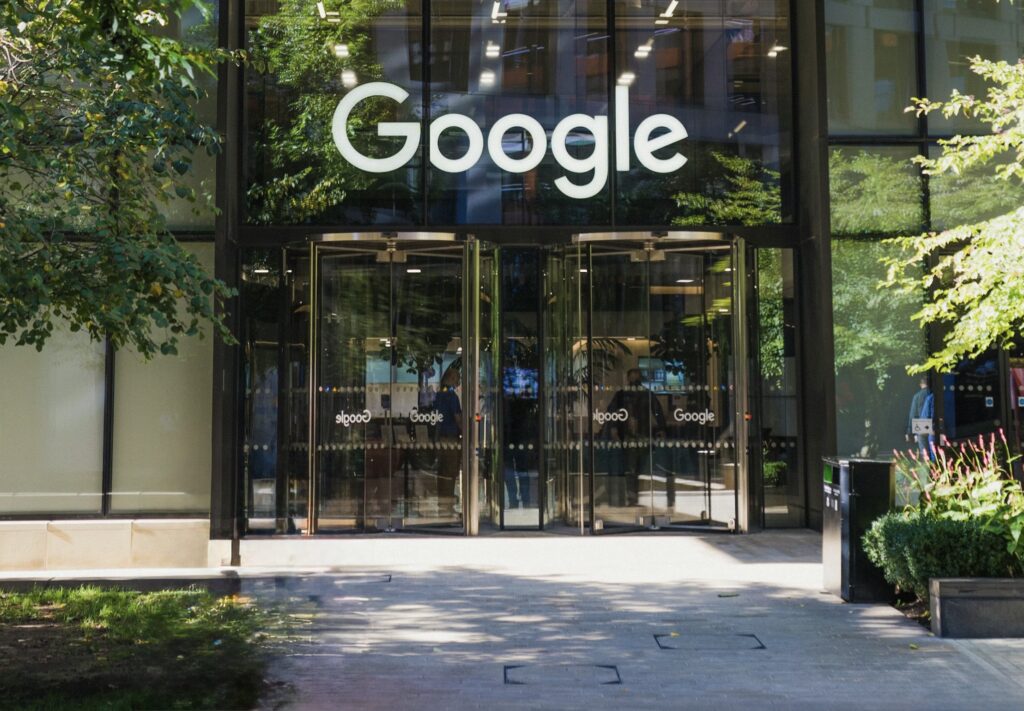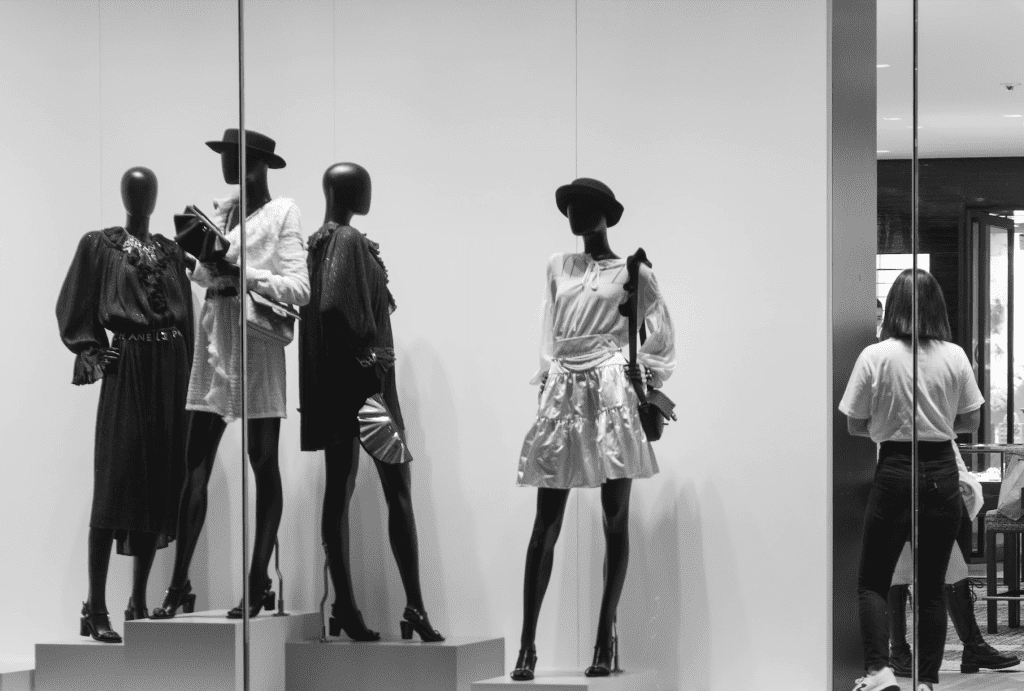It was not all that long ago that Alibaba called for “tougher laws, stricter enforcement and stiffer penalties to crack down on purveyors of counterfeit goods in China.” During a press conference at its headquarters in Hangzhou in February 2017, the Chinese e-commerce giant called China’s existing laws that regulated the intellectual property “ambiguous” and argued that such laws were hampering authorities’ ability to build legal cases against counterfeiters, resulting in a low conviction rate that is “the fundamental reason for the inefficiency in combating counterfeiting and protecting intellectual property.”
Now, almost two years later, the Chinese government, which has passed the country’s first e-commerce-specific law in November, is set to put the law into action as of January 1, 2019. The catch for Alibaba and its peers, including JD.com and Tencent? The law – which includes provisions that aim to remedy the widespread availability of counterfeits online – will hold them liable for counterfeit and other infringing goods sold by third-party vendors on their sites.
Specifically, the legislation applies to individual company-owned websites, as well as sellers on – and the operators/owners of – e-commerce marketplaces, such as Alibaba’s TaoBao, requires such e-commerce operators to: 1) register as market entities, 2) abide by existing Chinese laws and regulations in regards to the protection of consumers’ personal data (including but not limited to immediately erasing a website user’s information upon request); and 3) not engage in false advertising (including failing to disclosure paid-for posts, fabricating false transaction information, and writing/posting fake user reviews or deleting genuine user reviews).
Still yet, the law contains language that enables brands and other rights holders to pursue e-commerce operators in connection with intellectual property infringement and counterfeiting. This means that e-commerce operators must take appropriate measures to promptly address notice-and-take-down requests from brands (i.e., the formal requests from trademark or copyright holder to the platform’s operator requesting that infringing material be removed).
According to the law, if a website operator fails to take preliminary and ultimately, appropriate measures with regards to infringing or counterfeit goods, he/she will be jointly liable for the damages caused to the rights holder. And beyond that, the law states that “whenever a platform operator knows or should have known that a [seller] on the platform has infringed others’ [intellectual property] rights but fails to take the necessary preliminary measures, the platform operator is jointly and severally liable for all damages caused.”
“The law aims to further support and promote the development of e-commerce, regulate market order, and protect the legitimate rights and interests of all parties in e-commerce,” Cong Bin, deputy chairman of the NPC Constitution and Law Committee, said in a report to the lawmakers when the bill was circulated through the the Standing Committee of the National People’s Congress this summer.
According to multi-national law firm Hogan Lovells, the soon-to-be-enacted legislation – which joins a larger push by the Chinese government to reform existing intellectual property laws, such as the trademark system, to address widespread infringement and bad faith registrations – is “fairly balanced and largely in line with existing practices.”
Unsurprisingly, the law is being welcomed by luxury brands, which have been routinely plagued by China-made counterfeits.
LVMH chief financial officer Jean-Jacques Guiony, for one, sounded optimistic during the most recent earnings call for the Paris-based luxury conglomerate, whose brands, including Louis Vuitton and Dior, are consistently some of the hardest hit by the global counterfeit trade. According to Guiony, stricter legislation and enforcement from within China is welcome, and “the Chinese [government] moving in [this] direction is good for us.”














